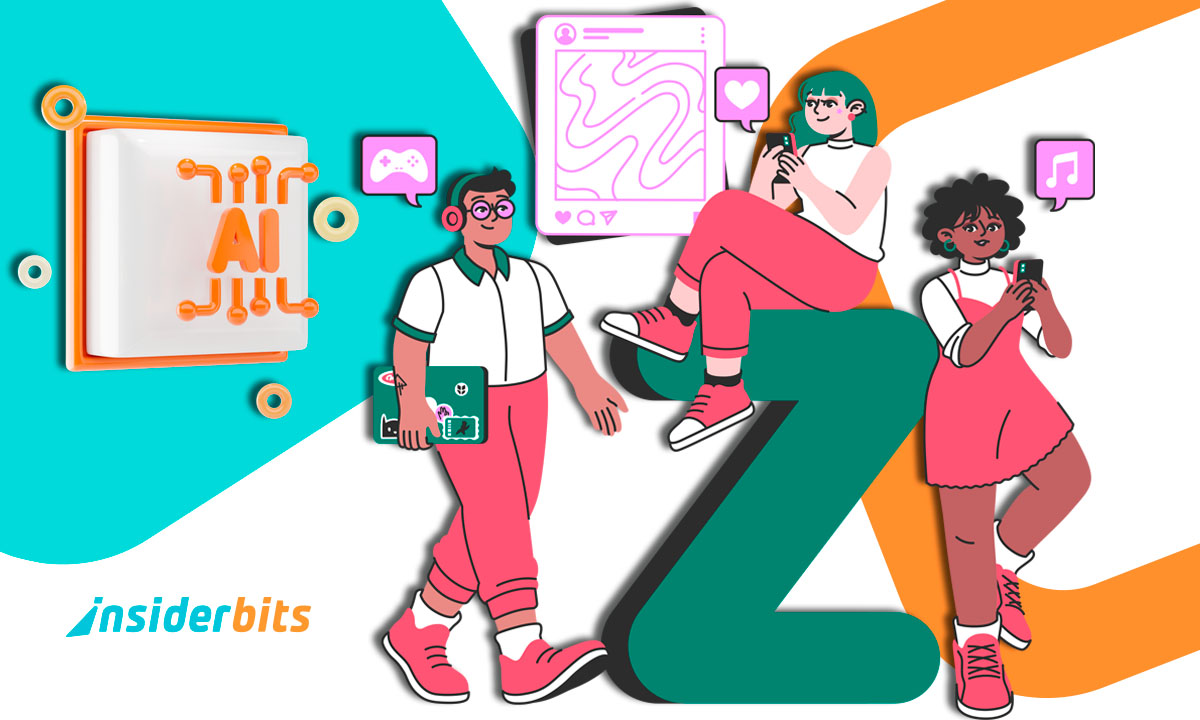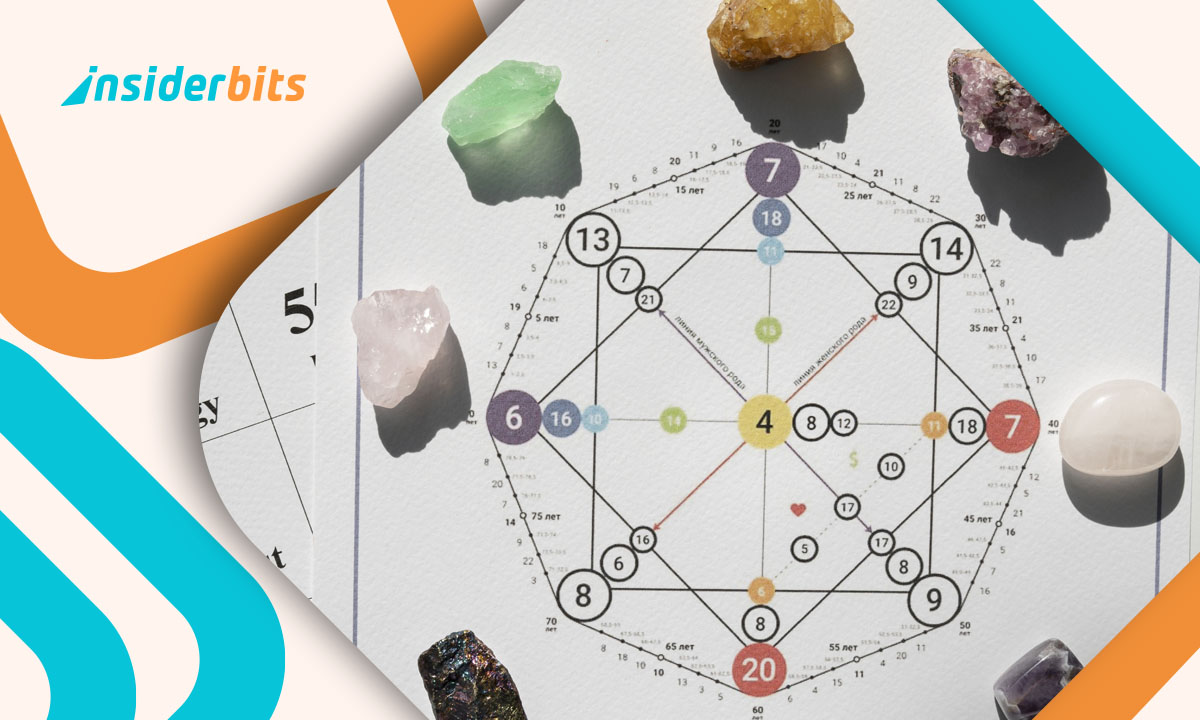A new generation is reshaping the workplace, and with it, our definition of trust. For many in Gen Z, the most reliable source of feedback and guidance at work isn’t a colleague or manager anymore, it’s AI. It doesn’t matter if it’s about performance evaluations or career planning, young professionals are currently showing a clear preference for tech-driven insights.
This isn’t just a passing trend. Studies show that Gen Z often views artificial intelligence as more efficient and less emotionally biased than traditional human interactions. In a world where transparency and autonomy matter more than hierarchy, AI offers something that older systems often lack: consistent, judgment-free support.
- 5 Best Emergency Alert Apps To Stay Safe
- AI Agents in 2025: Virtual Helpers Changing How We Live
- AI Essay Generator: Simplifying the Writing Process
Why Gen Z Trusts AI More Than Humans
For Gen Z, trust isn’t based solely on authority or experience, it’s built on consistency and transparency, especially in professional settings.
These values align more naturally with the way AI operates than with traditional human relationships at work.
This consistency resonates deeply with a generation raised in a world where tech tools have always played a central role.
From a young age, Gen Z has interacted with AI-driven platforms. These systems offer a feeling of being understood, without judgment. This familiarity has nurtured a comfort level with AI that older generations may not share.
On the other hand, human relationships in the workplace, especially with authority figures like managers, can feel emotionally charged or unpredictable.
For example, performance feedback may be clouded by subjectivity, unconscious bias, or interpersonal tension.
Consequently, Gen Z often finds this emotional uncertainty difficult to navigate, especially in environments that lack clear psychological safety or where feedback is delivered without clarity.
The desire to avoid judgment and preserve mental well-being is another key factor. AI doesn’t criticize or shame. It delivers insights based on behavior and performance data, not personal opinions or past history.
To Gen Z, who prioritize mental health and independence in the workplace, this represents a more stable, pressure-free form of support.
Workplace Scenarios Where AI Feels Safer
AI-based systems are becoming go-to resources for Gen Z in several areas of the modern workplace.
Tools like AI chatbots and virtual assistants help streamline communication and reduce anxiety around performance.
When asking a bot for help, there’s no fear of being seen as incompetent or uninformed.
Currently, many young professionals prefer using AI-driven career development tools to assess strengths and track progress. Platforms offering data-based performance feedback feel more objective than traditional reviews.
In HR processes, AI is often perceived as more impartial, filtering candidates or assigning tasks based on skills rather than office politics.
Even scheduling and workflow management apps appeal to Gen Z’s need for clarity and structure.
What This Says About Generational Shifts
Gen Z’s trust in AI reflects broader shifts in workplace values. This is different from older generations that often prioritize face-to-face mentorship and human leadership. Gen Z leans toward efficiency and self-directed growth.
They prefer environments where results speak louder than charisma, and where communication can happen asynchronously, without the stress of real-time judgment.
In addition, this generation grew up in an era where institutions faced increasing public skepticism. In that context, algorithms, with their perceived objectivity, can seem more trustworthy than authority figures.
It’s not that Gen Z rejects human connection, they just want it on their terms, with clearer boundaries and more equitable exchanges.
In this shift, AI becomes less a gimmick and more a tool for emotional regulation and decision support.
Is AI Really More Reliable Than a Manager?
While AI may offer Gen Z a sense of stability and fairness in the workplace, it’s important to recognize that technology is far from perfect.
Algorithms operate within the limits of the data they’re trained on, and that data often carries its own biases and assumptions.
Even well-designed systems can unintentionally reinforce inequality or deliver feedback without emotional context. What feels neutral may still reflect human decisions made during development.
Unlike human managers, AI lacks emotional intelligence. The human qualities, built through experience and emotional nuance, remain outside the reach of even the most advanced AI systems.
That said, Gen Z isn’t calling for technology to replace leadership, they’re asking for support systems that help reduce ambiguity and improve fairness.
Many envision a hybrid approach, where AI provides structure and data-driven insights, while human leaders deliver context and support.
The real challenge for organizations is to balance these strengths effectively. Companies must learn to deploy AI in ways that build confidence without eroding trust in people.
That means clearly defining AI’s role, training managers to interpret and humanize AI feedback, and ensuring that technology serves as an enhancement for the relationships that truly define workplace culture.
When done right, this balance can elevate both performance and well-being across generational lines.
How Companies Can Balance Tech and Trust
To keep Gen Z engaged, companies must rethink how they integrate technology with leadership.
That means using AI to enhance, not replace, human relationships. Start with tools that simplify feedback, provide clear learning paths, or guide routine decisions.
At the same time, invest in manager training that emphasizes active listening and psychological safety.
Leaders who can explain AI insights, build trust in decision-making processes, and maintain open communication will bridge the gap Gen Z often feels in hierarchical systems.
It’s also essential to involve young employees in shaping how AI is used in the workplace. Giving them agency in tool selection or data use policies increases buy-in and fosters a sense of collaboration rather than control.
By pairing the speed and structure of AI with the warmth and insight of human leadership, companies can build a work culture that meets the evolving expectations of the most tech-native generation yet.
Why Gen Z Trusts AI More Than People at Work – Conclusion
Gen Z’s growing trust in AI reveals more than a love of technology, it reflects changing expectations around fairness and workplace dynamics.
But trust in tech doesn’t mean disconnection from people. It’s a call for better systems, ones where AI supports clarity and humans support connection.
For companies that want to engage the next generation of talent, the answer isn’t to pick sides, it’s to build a culture where both intelligence and empathy are always within reach.
Related: Gen Z Workplace Revolution: Reshaping Professional Boundaries
Enjoyed this article? Save the Insiderbits blog to your favorites for the latest tools, creative tech tips, and photo editing breakthroughs.





